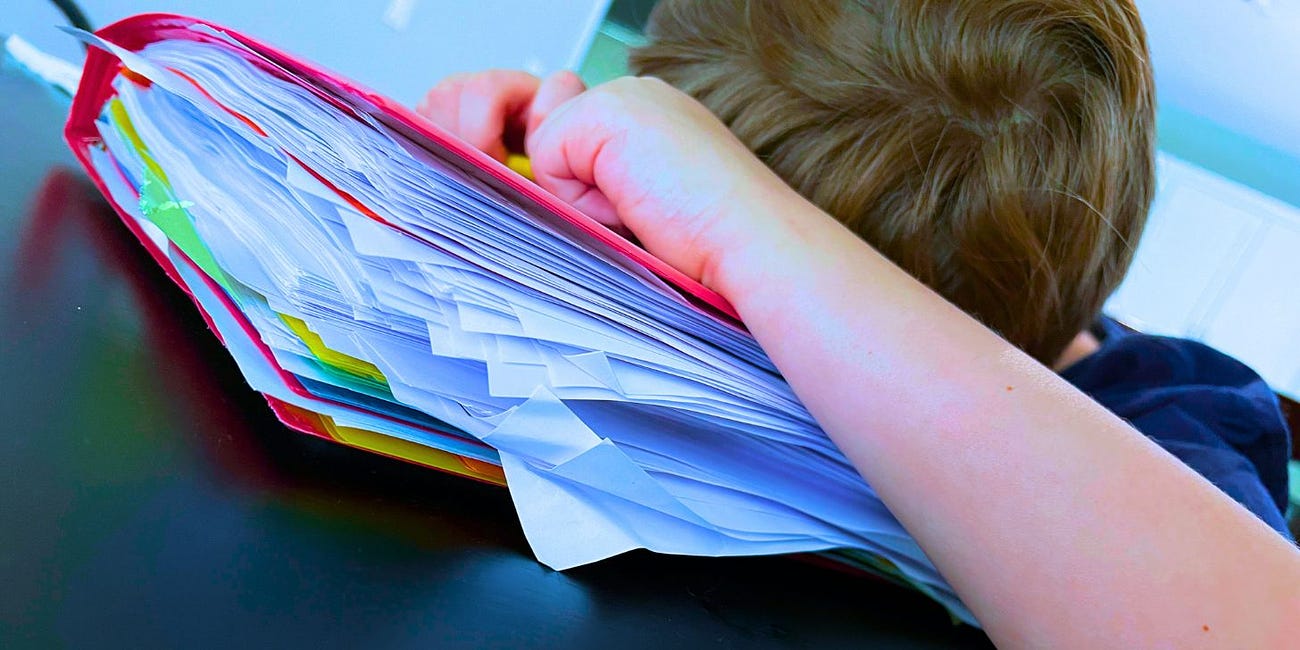by Jon Fleetwood, The Tenpenny Report:
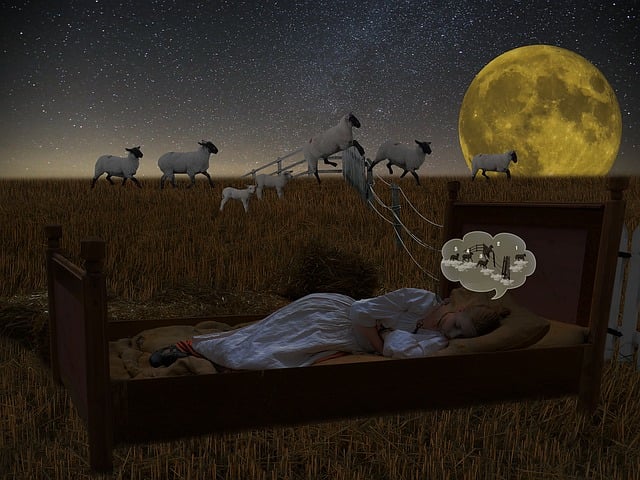 In this study published in the journal Clinical and Experimental Vaccine Research, patients “had no sleep disorders prior to taking the vaccine,” but half ended up suffering “excessive daytime sleepiness” after being injected.
In this study published in the journal Clinical and Experimental Vaccine Research, patients “had no sleep disorders prior to taking the vaccine,” but half ended up suffering “excessive daytime sleepiness” after being injected.
A new study published last month in the international, peer-reviewed, open-access journal Clinical and Experimental Vaccine Research confirms a link between the COVID-19 jab and narcolepsy, sleep paralysis, hallucinations, and repeated interruptions or awakenings during the night.
TRUTH LIVES on at https://sgtreport.tv/
Narcolepsy is a chronic neurological disorder characterized by excessive daytime sleepiness and sudden, uncontrollable episodes of falling asleep.
It’s worth noting that Pfizer Inc.’s safety data—only made available by order of a Texas federal judge who denied the company’s plea to keep the data hidden for more than 75 years—show the company was aware by February 2021 that sleep disorders were linked to their COVID shot.
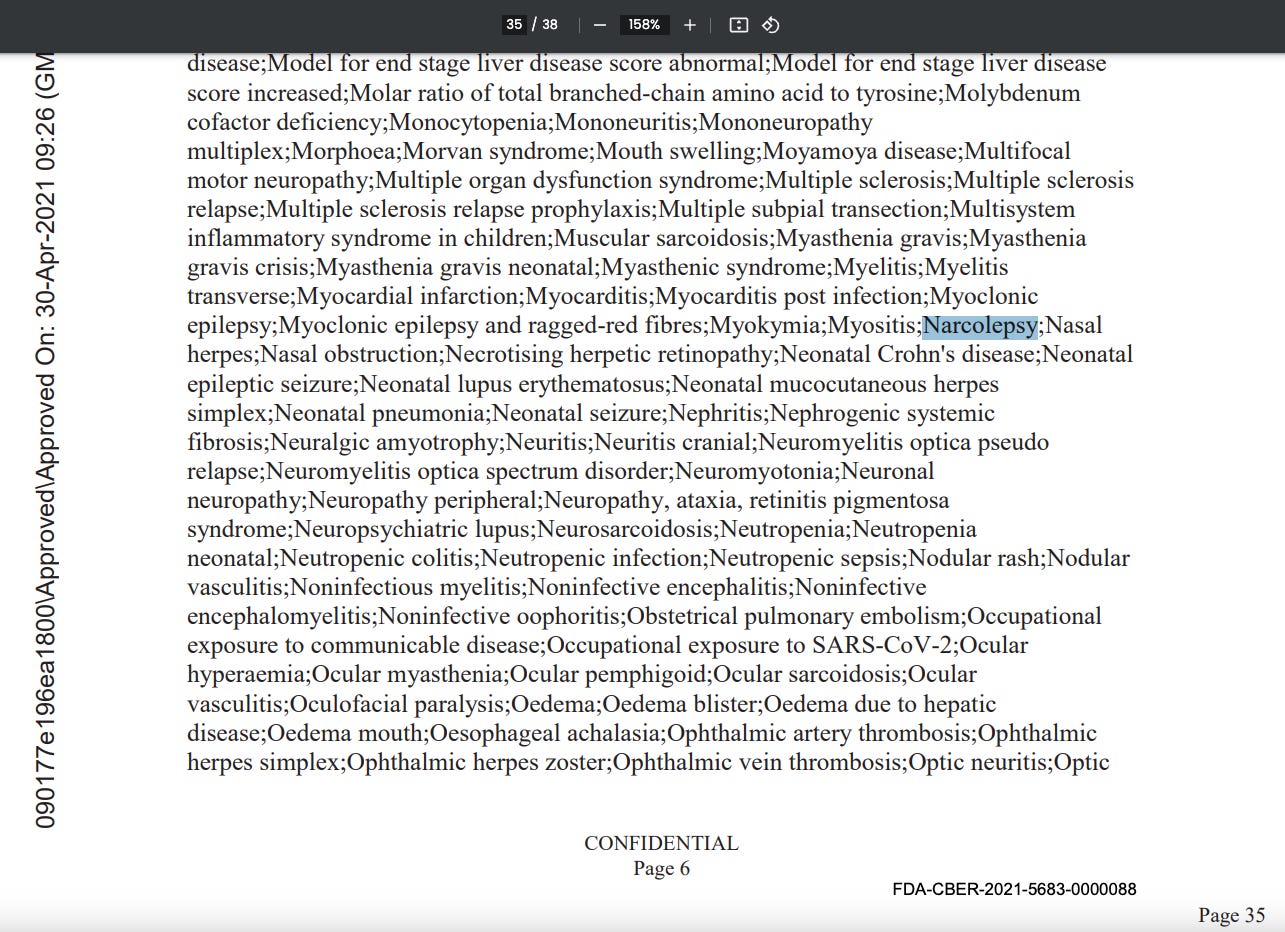
Screenshot from Phmpt.org taken August 15, 2024
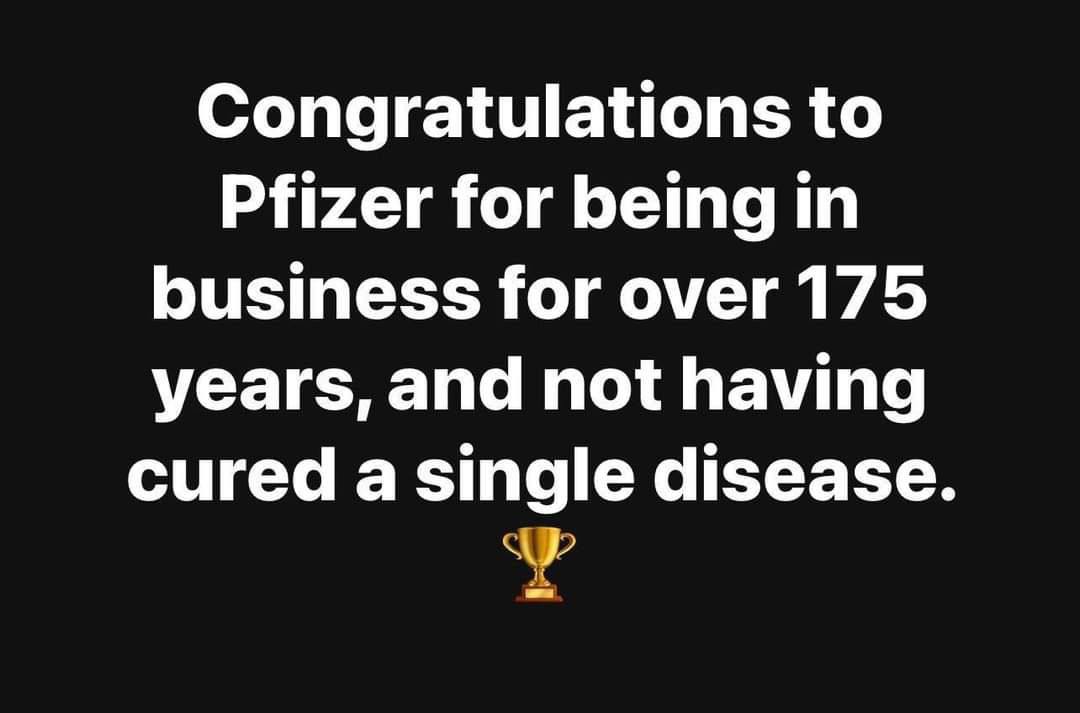
The new study used a descriptive, cross-sectional, online self-administered survey conducted between December 2022 and May 2023.
The survey targeted males and females above the age of 18 years who took any type of COVID jab and had no chronic diseases.
Significantly, patients “had no sleep disorders prior to taking the vaccine.”
A total of 873 participants were included in this study.
Most participants (79.8%) received two vaccine doses, the Pfizer shot being the most commonly administered (58.6%), followed by Sinopharm (28%), AstraZeneca (6.3%), and a mixed vaccine regimen (7.1%).
Most participants (68.8%) had received their first dose more than a year ago, while 25.7% received it within 7–12 months, and 5.5% received it within 6 months.
Significantly, nearly half of the participants reported excessive daytime sleepiness.
“Approximately half of the participants (48.7%) reported experiencing excessive daytime sleepiness,” the study reads. “Among those with excessive daytime sleepiness, the distribution of vaccine types taken showed a slightly higher prevalence of Pfizer (50.6%) and Sinopharm (48.8%) vaccines.”
Two in 10 participants reported experiencing sleep paralysis (20.4%) and hypnagogic hallucinations (15.7%).
Additionally, sleep attacks (suddenly becoming overwhelmingly sleepy) were reported by 25.1% of the participants.
Those experiencing sleep attacks showed a slightly higher prevalence of Pfizer (27.5%) and Sinopharm (25.4%) jabs.
Finally, fragmented nighttime sleep was reported by 42.3% of the participants.
Those with fragmented sleep showed a higher prevalence of Pfizer (44.9%) and Sinopharm (43.0%) shots.
The study authors believe the COVID vaccine is possibly to blame for these sleep disorders, confirming their findings “revealed a notable occurrence of narcolepsy symptoms among vaccinated individuals.”
“We hypothesize a possible link between COVID-19 vaccination and the emergence of narcolepsy symptoms in Jordanian individuals,” they write.
“In our study, we observed a concerning incidence of narcolepsy symptoms following COVID-19 vaccination. These findings are significant and warrant further investigation into the potential association between COVID-19 vaccines and narcolepsy.”
You can download the full study at Jon’s substack here.
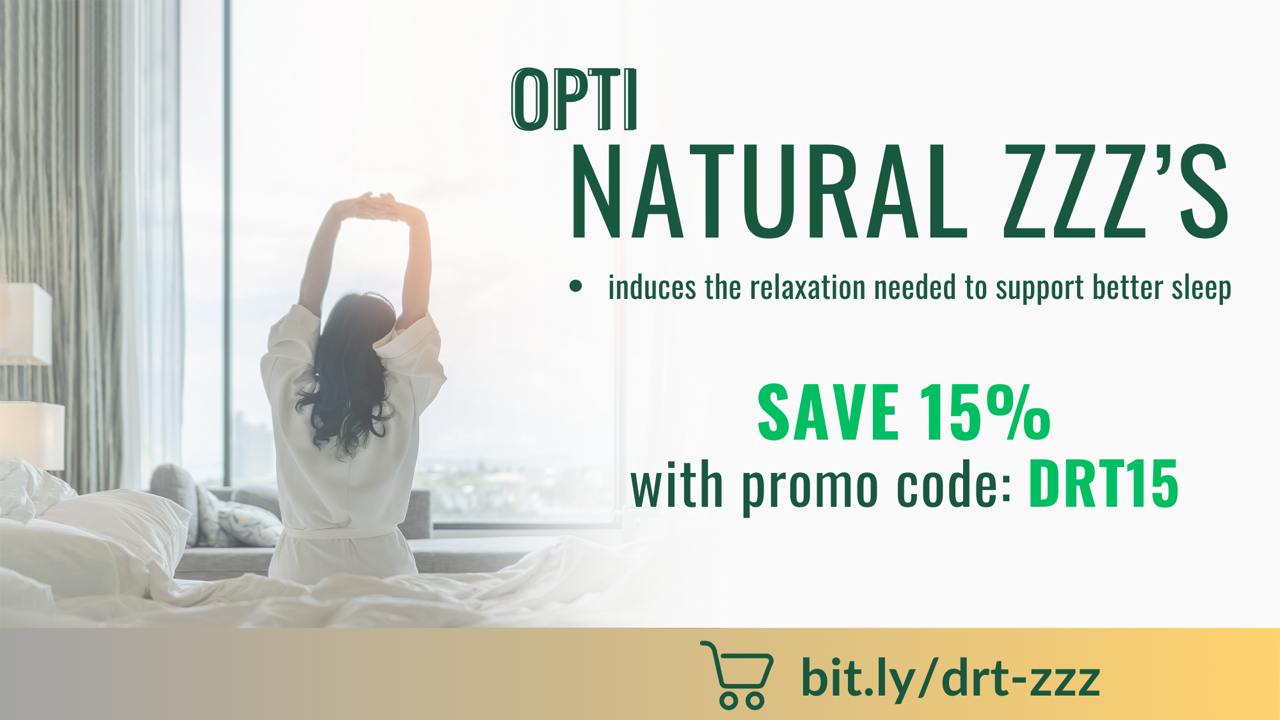
The findings raise questions about the necessity and toll of government-mandated pandemic measures.
The study points out how the COVID-19 pandemic “tremendously disrupted societal behaviors and norms.”
“People had to cope with new situations, including restrictions on free movement, home confinement, and school closures, among others,” the study authors write. “With less scope for physical classes, online classes became rampantly common during and after the pandemic.”
The researchers lament how a virtual learning platform many were forced to use during the pandemic “cannot replace the societal learning and preparation of children that normally occurs in school settings.”
Read More @ TheTenpennyReport.com



